0 Comments
 Earlier this week, we delved into the world of children's learning spaces and the profound effects of clutter on their academic success. Today, let's shift our focus to the adults in the room – literally! The impact of clutter doesn't end with childhood; it extends into our lives as grown-ups, affecting our mental clarity and overall well-being. In this blog post, we'll explore the surprising ways clutter can influence the adult mind, and I'll share some practical tips on decluttering and maintaining an organized space for enhanced mental peace. The Mental Toll of Clutter Clutter isn't just a physical eyesore; it takes a toll on our mental well-being. The chaos that surrounds us can contribute to stress, anxiety, and a feeling of overwhelm. As adults juggle work, family, and personal responsibilities, a cluttered space becomes a constant source of distraction, hindering our ability to focus and think clearly. Organized Spaces, Clear Minds On the flip side, an organized space can be a game-changer for mental clarity. When our surroundings are neat and tidy, our minds are free to concentrate on the task at hand. Creating an organized environment fosters a sense of control and calm, contributing to increased productivity and a more positive mindset. Practical Tips for Decluttering
Maintaining an Organized Space
As we witnessed the impact of clutter on children earlier this week, let's not forget the influence it has on our adult lives. By embracing organization and decluttering, we pave the way for mental clarity, reduced stress, and a more focused approach to life's challenges. Take the first step towards a clearer mind today, and watch as the benefits ripple through every aspect of your adult life. Last week I had the pleasure of sitting down with Maya Saunders, the host of Let's Move TCI Health Talks. Health and Fitness is not an area I coach in, but it's certainly an area that I know the importance of. I was more than happy to have a chat with her about balance. The mission of Let's Move TCI is to increase Turks and Caicos Islands residents' engagement in sport and physical activity and to promote holistic healthy living alongside proper nutrition. The program pillars are as follows:
THE CRUCIAL ROLE OF ORGANIZATION IN LEARNING SPACES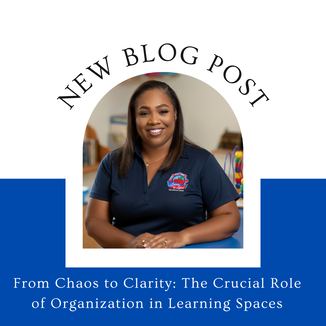 As an educator and a mom, I have always been fascinated by the intricate relationship between a child's learning environment and their academic success. Over the years, I have come to appreciate the significance of a well-structured space in fostering a positive and conducive learning atmosphere. One factor that often goes underestimated is the impact of clutter on a child's ability to learn. In this blog post, I will delve into the challenges clutter poses to the learning environment, emphasize the importance of organizational skills, and discuss how having everything in its place can profoundly influence a child's success – a truth that extends beyond special needs children to encompass all young learners. The Clutter Conundrum Picture a classroom or a home filled with disorganized desks, scattered toys, and miscellaneous items strewn across the floor. It might seem like a trivial concern, but the truth is, clutter can create an overwhelming and distracting environment for children. As an educator, I have witnessed firsthand the impact that a cluttered space can have on a child's ability to focus, retain information, and engage in productive learning. Organizational Skills: A Foundation for Success One of the keys to overcoming the challenges clutter presents is the cultivation of organizational skills. Just as adults benefit from a well-organized workspace, children thrive in environments where everything has its place. Teaching children to organize their belongings not only promotes a sense of responsibility but also enhances their cognitive abilities. Organizational skills empower children to manage their time effectively, locate resources independently, and develop a structured approach to tasks. Beyond Special Needs: A Universal Necessity While it is true that children with special needs may face additional challenges in navigating cluttered environments, the importance of organization transcends any specific learning profile. All children, regardless of their individual needs, benefit from a structured and organized learning space. By instilling good organizational habits early on, we equip children with the tools they need to succeed academically and beyond. The Impact of a Well-Structured Environment A well-structured environment goes beyond the physical arrangement of objects; it extends to the overall atmosphere of the learning space. Children thrive in environments that provide clear expectations, routines, and a sense of order. When everything has its place, children can focus more effectively on learning, fostering a positive attitude towards education and enhancing their overall academic experience. Practical Tips for Creating an Organized Learning Environment
As both a mom and an educator, I am continually reminded of the profound impact that a clutter-free, well-organized environment can have on a child's learning journey. The benefits extend far beyond the immediate academic realm, influencing a child's overall development and shaping their lifelong habits. By prioritizing organizational skills and emphasizing the importance of everything having its place, we set the stage for success by laying important and essential groundwork. 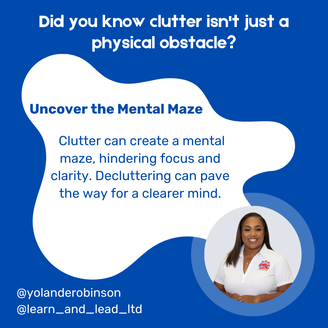 Ever felt overwhelmed by the chaos around you? Clutter isn't just a physical hurdle; it's a mental maze that can cloud focus and hinder clarity. 🧠✨ Join me this week as we explore why decluttering spaces can have a transformative power on the mind. Did you know that decluttering can:
This weekend I had the pleasure of working with the Beloved Daughter's organization. We spent some time together under the theme of 'More in 2024.' This group is a non-profit organization that focus on providing networking and growth opportunities for single mothers. It was the 3rd time we have had the pleasure of working with them, and we look forward to doing so again in the future.
 Earlier this week, we delved into the world of procrastination in children, exploring its signs and strategies to help them navigate this common challenge. But what if, as you read those words, you found yourself nodding along, recognizing your own procrastination tendencies? Let's talk about it. First things first, take a deep breath. Procrastination is not an exclusive visitor to the world of childhood—it's a familiar companion for many adults too. Whether it's putting off tasks until the last minute or feeling overwhelmed by a mounting to-do list, the struggle is real. But the good news? You're not alone, and there are ways to tackle it head-on. Identifying Procrastination in Yourself:
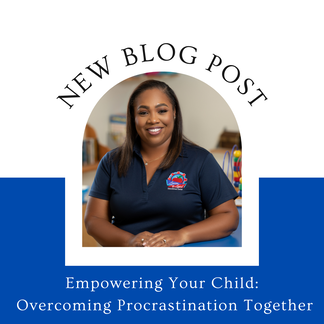 Procrastination is a familiar foe to many, and children are not exempt from its grasp. As an educator, I've witnessed firsthand how procrastination can impede a child's academic progress and cause unnecessary stress. However, it's essential to recognize that procrastination is a habit that can be overcome with guidance, patience, and the right strategies. In this post, I'll explore what procrastination looks like in children and offer practical ways parents can support their child in dealing with it. Understanding Procrastination in Children: Procrastination in children can manifest in various ways, making it challenging for parents to identify. Some common signs include:
Supporting Your Child in Dealing with Procrastination:
Remember, overcoming procrastination is a gradual process that requires consistent effort and support. Be patient with your child and acknowledge their efforts in making positive changes. By implementing these strategies and fostering a supportive environment, you can help your child develop effective habits to conquer procrastination and achieve their full potential.
This weekend we made our way back to Edward Garland Youth Center to train their young leaders. Leadership is a skill that can be taught, practiced and harnessed. It’s also a skill that we can have great fun while learning and developing!
Mrs. Guilmise had an awesome time working with these young leaders and we wish them all the best in 2024! ​ This week we're diving headfirst into the world of procrastination! Join me as we unravel the mysteries behind procrastination—what it truly is, the telltale signs to watch for, and most importantly, how to address it both in our children and within ourselves. We'll explore the nuances of this delay trap, equipping you with invaluable insights to help guide and support your kids through procrastination struggles. Additionally, we'll delve into effective strategies to tackle procrastination in your own life, empowering you to conquer those postponement tendencies. Stay tuned for a week filled with eye-opening discussions, actionable tips, and proactive approaches to bid procrastination farewell!
Start with Your Vision
It's a brand new year! Where do we begin? How about with a vision to get you where you want to go? Beginning with self-exploration, Yolande and Latasha work through a 5-step approach to creating vision for the future. Vision will help you navigate the hard times, the slow times, and the times when you want to give up. Pick up the tools you need in this episode; it's time to look ahead!
Yesterday, I had the pleasure of working with three staff members from the Turks and Caicos National Trust, to brush up on their Customer Service Skills. The mission of the National Trust is to protect, conserve and promote the cultural, historic and natural heritage of the Turks and Caicos Islands for present & future generations and for the enjoyment of all.
Yesterday's participants will be working on Little Water Cay providing awareness and educational services. It was a pleasure working with them!
The Importance of Sleep for Adults: Quality sleep is the cornerstone of a healthy lifestyle for adults. It's not just about clocking in hours; it's about the restorative processes that occur during sleep. Adequate rest boosts immunity, supports cognitive function, regulates mood, and enhances overall physical health.
Consequences of Sleep Deprivation: When we consistently miss out on quality sleep, our bodies and minds pay the price. Sleep deprivation can lead to various consequences, including:
Tips for Better Sleep:
Quality sleep isn't a luxury; it's a necessity for your overall health and well-being as an adult. By prioritizing good sleep hygiene and making conscious efforts to improve your sleep habits, you can reap the benefits of feeling more energized, focused, and ready to conquer each day with vigor and vitality. Remember, investing in quality sleep is investing in yourself!
Yesterday I had the opportunity to work town the dynamic staff at the Edward Gartland Youth Center. We explored “Building Our Team Dynamic.†Our session was filled with learning, discussion, reflections, laughter and play.
We wish them all the best as they enter a new term at the Youth Center.
Critical thinking is an extremely important soft skill to foster in our organizations. It's a skill that not only impacts our problem-solving skills, but also our productivity, decision making, innovation and creativity, communication, our adaptability and so much more.
Yesterday I had the pleasure of working with the management team of the National Insurance Board. We explored ways to foster critical thinking in the workplace. Participants especially enjoyed discussions while using a critical thinking framework designed to encourage you to look at challenges from diverse perspectives.
The Importance of Sleep for Children: Sleep isn't merely downtime; it's an active process that plays a vital role in your child's growth and development. Adequate sleep is linked to improved attention span, memory consolidation, emotional regulation, and overall cognitive function in children.
Sleep Deprivation and Behavior: One crucial aspect to note is the correlation between sleep deprivation and challenging behaviors in children. When kids don't get enough sleep, they may exhibit symptoms such as irritability, difficulty concentrating, impulsivity, and hyperactivity – behaviors that are also associated with ADHD (Attention-Deficit/Hyperactivity Disorder). Understanding the Connection: It's important to recognize that sleep deprivation can mimic some signs and symptoms of ADHD in children. While insufficient sleep doesn't cause ADHD, it can lead to behaviors that mirror the condition. These similarities can often confuse parents and caregivers, making it essential to prioritize healthy sleep habits to distinguish between sleep-related issues and potential developmental concerns. Tips to Encourage Healthy Sleep Habits:
Quality sleep is a cornerstone of your child's overall health and well-being. By prioritizing healthy sleep habits, you're not only ensuring they wake up refreshed and ready to learn but also supporting their emotional regulation and behavior. Remember, a well-rested child is a happy, thriving child! This week we are focusing on understanding the importance of sleep, the consequences of not getting enough sleep, and strategies to get the amount and kind of sleep that you need. Why is it important? Quality sleep isn't just a luxury; it's a necessity for a healthier, more productive life! From improved focus to better health, prioritize your sleep to unlock your full potential!
Understanding Executive Functioning Challenges in Adults: Executive functioning challenges in adults can manifest in various ways – from difficulty in organizing tasks and managing time effectively to struggles with impulse control or adapting to changes. These difficulties might impact work performance, relationships, and overall daily functioning.
Compassionate Self-Recognition: It's essential to recognize and acknowledge these challenges without self-judgment. Many adults find themselves feeling overwhelmed, frustrated, or even ashamed by their struggles. However, understanding that executive functioning difficulties are a common part of the human experience can be the first step toward positive change. Strategies for Improvement:
While navigating executive functioning challenges as an adult can present its own set of hurdles, it's essential to approach this journey with kindness and patience toward oneself. By implementing these strategies and seeking the necessary support, you can pave the way for improvements in managing your executive functioning skills. Remember, your experiences and challenges are valid, and through proactive steps and self-compassion, you can strive toward greater success and well-being in your daily life.
What is Executive Functioning? Executive functioning refers to a set of mental skills that help individuals manage and regulate their thoughts, actions, and emotions to achieve goals. It encompasses three core areas:
Developing Executive Functioning Skills: As a parent, you play a vital role in nurturing and strengthening your child's executive functioning abilities. Here are some practical tips to support their development:
Understanding and nurturing executive functioning skills is an ongoing process that requires patience and consistent support from parents. By implementing these strategies in everyday life, you can empower your child to develop strong executive functioning abilities, setting them on a path towards success in academics, relationships, and future endeavors. Your involvement and guidance are invaluable in shaping your child's cognitive growth and overall well-being. Happy New Year! I'm so excited that we are now in 2024. January is often a time that we are looking to reset a few things here and there. To help with this, this week I'm going to spend some time sharing content on 'Executive Functioning.' Whether this information benefits you as a parent, as a teacher or for your own functioning, take what works for you and help allow it to help guide your success or the success of those around you.
Yesterday, I had the pleasure of finishing up the year with a lovely set of ladies. They came together on the last afternoon of the year at Seven Start Resort to complete Anchored 2024. Our afternoon was filled with laughter, learning, nibbles and vision building.
All the best ladies! |
Author
Yolande Robinson, M.Ed. PodcastShifting Perspectives is a conversation with Yolande and Latasha that challenges Listeners to fuel themselves with diversity in the way they think, the way they work, the way they parent and the way they live their lives.
Listen to Shifting Perspectives on Apple Podcasts, Audible, Amazon Music, Spotify, Google Podcast, Stitcher, Pocket Casts, Overcast, Castro, Castbooks, or Podfriend. Archives
July 2024
Categories
All
|

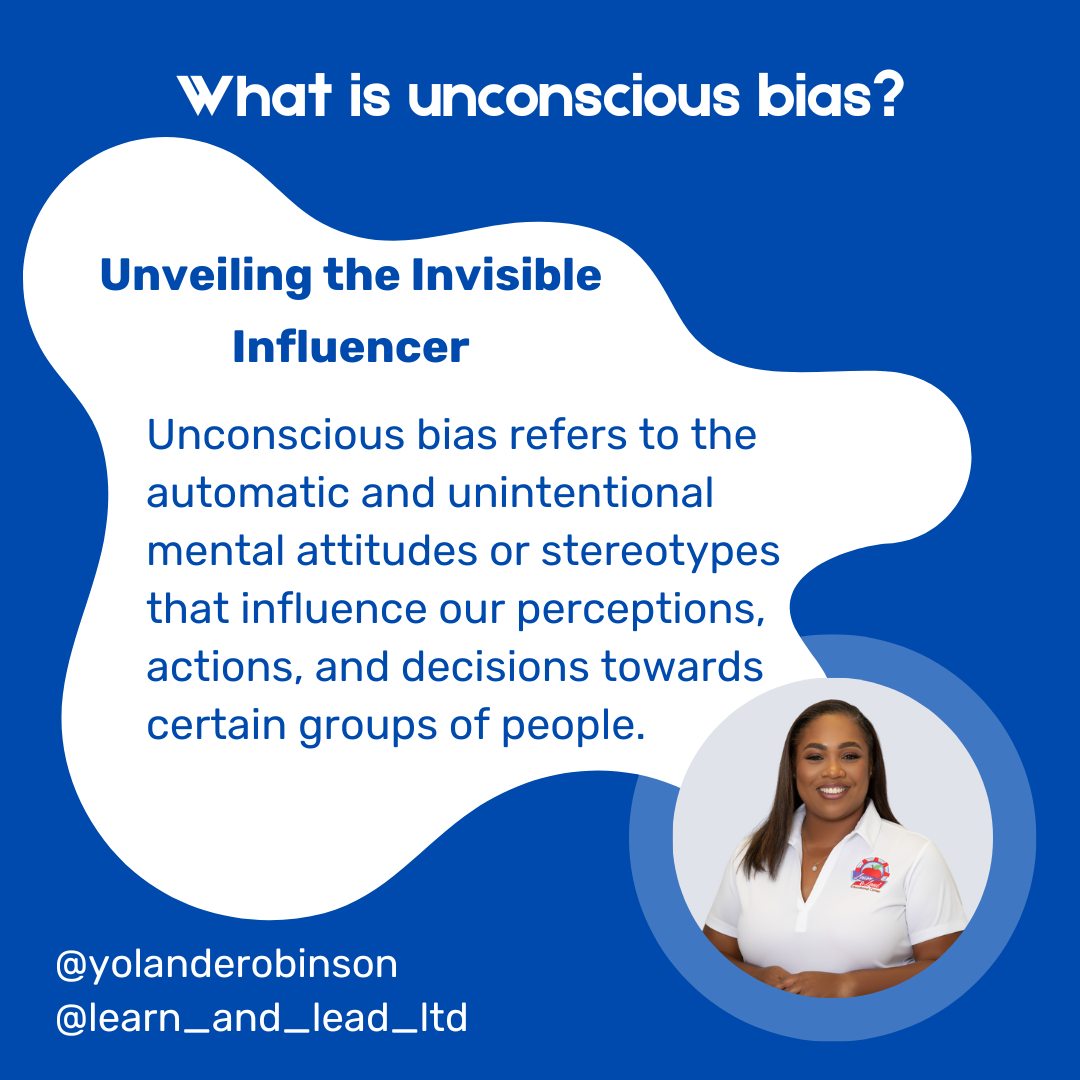
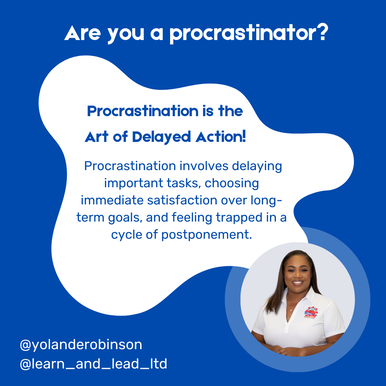




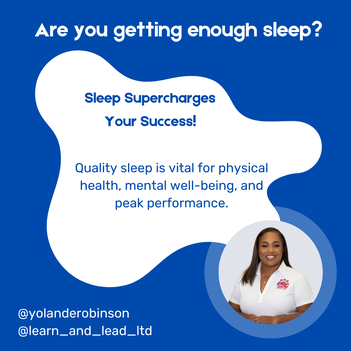

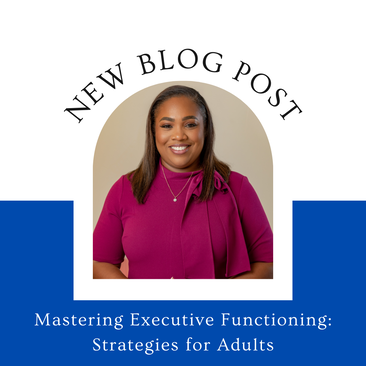
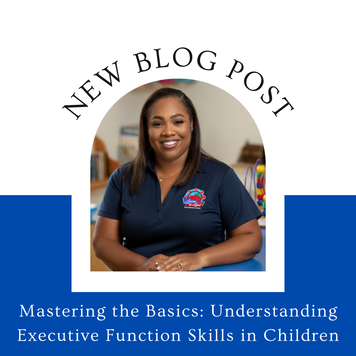
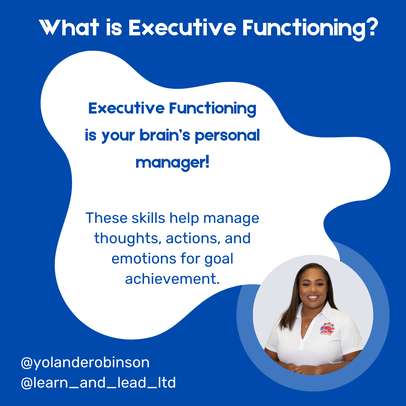


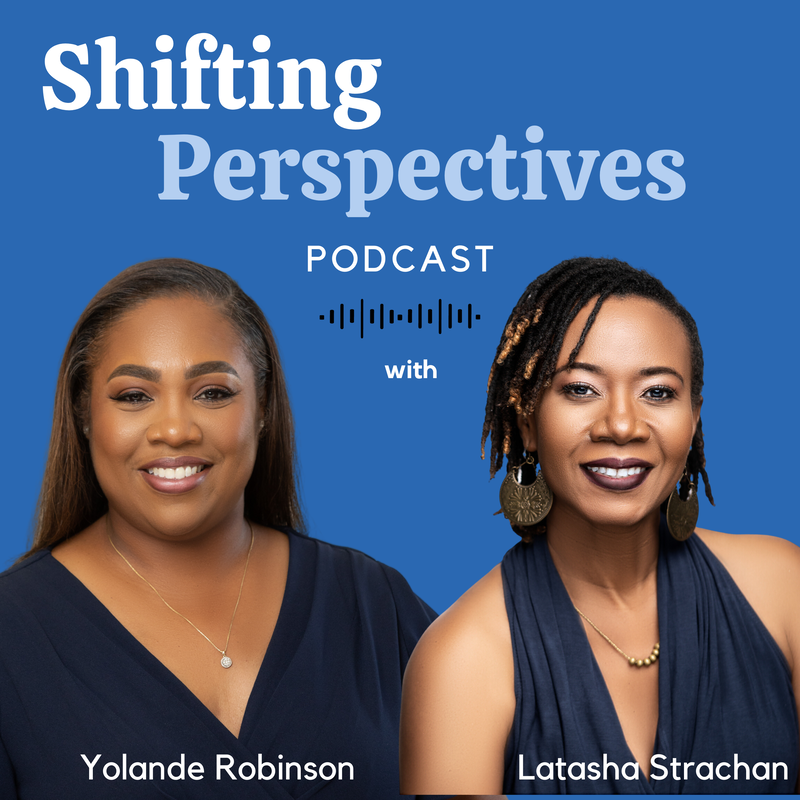
 RSS Feed
RSS Feed